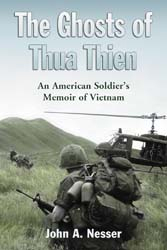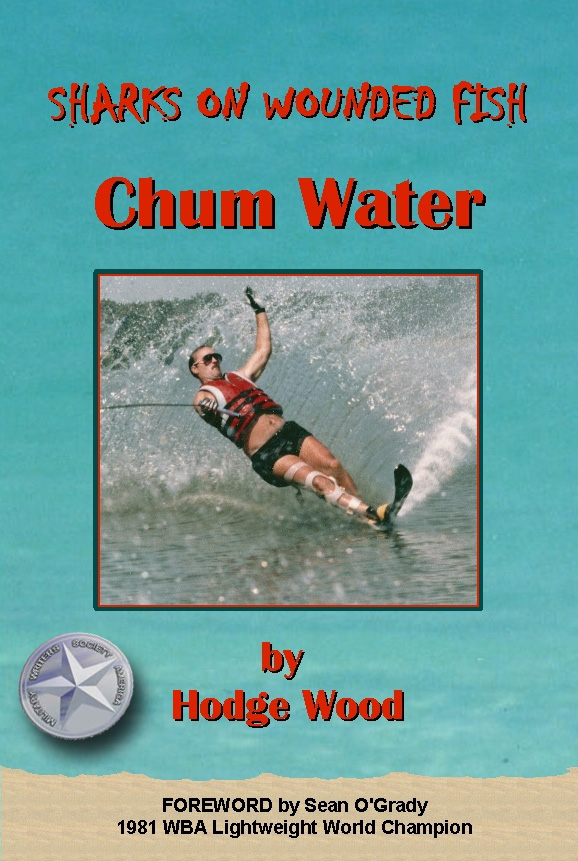MWSA Review
If you google “Books – Marine Corps”, they provide “about 286,000 listings in 0.19 seconds.” So does the world need yet one more book describing the heroics of Marines since 1775? The answer is a resounding YES !! if the book is as good as this one.
When one walks around the Iwo Jima Memorial in Washington, D.C. he or she is treated to a history of the Marine Corps when reading the inscribed battles… the French & Indian Wars…the Boxer Rebellion…Belleau Wood…Guadalcanal…Chosin…Fallujah… Authors Merrill Bartlett and Jack Sweetman have collaborated to give us the same tour around the Memorial, but with all 233 years of Marine lore added.
“Leathernecks” is simply one of the finest illustrated histories of the Marine Corps published.
The difference between this book and the many others is both the depth of detail and its readability. Finding a balance between an academic book and an ooh-rah flag-waver, the authors present not only the Corps battle history, but the equally important story of the men who built it. Traditions are not created overnight, but are earned over generations; a fact of which the authors remind the reader with 280+ old photos, maps, and illustrations, many of which are published for the first time.
While the casual reader likely knows of the Marine Corps 10 November 1775 founding, it’s Bartlett and Sweetman’s “Leathernecks” that provides the background information that the 10 Nov. act of Congress chartering the Marines “…that two battalions of Marines be raised…” was in response to a petition by the residents of Passamaquoddy, Nova Scotia who wanted to join the newly independent United States – and these same Marines were to be used to capture the British Naval base at Halifax.
While Marine Corps lore in recent years has been built on such land-locked fights at Chosin, Khe Sanh, or An-Nasiriyah, prominent naval historian Jack Sweetman has teamed with Marine historian Skip Bartlett in a way that emphasizes the sea roots of America’s pre-eminent sea service. Describing the first landing (and victory) of the Continental Marines back in March 1776, when an eight ship convoy sailed to seize Nassau, The Bahamas. The Marines captured “fifty-eight cannon, fifteen mortars, more than sixteen thousand shot and shell…,” as well as establishing a tradition for those hard-chargers following: the Bahamas governor complained that the Marines “helped themselves to his liquor.”
Drawing on a collection of rare photographs and illustrations from the depths of Marine and private archives, authors Bartlett and Sweetman personalize the early days of the Marine Corps that makes one understand the institution today. In addition to describing the battle in Veracruz, Mexico after the Marine landing in April 1914, they have a picture of LtCol Wendell Neville, Col John Lejeune, Col Littleton Waller, Maj Smedley Butler, and Maj Randolph Berkley; all China, Philippine, and Cuba hands, sitting together on a Mexican veranda: Butler-two Medals of Honor, Lejeune and Neville –commandants, Waller –lost the commandant’s position 2x due to politics…what Marine alive today would not want to discuss counter-insurgency with these men? If it is the institutional ethos that drives the operational, it is fair to say that this was the generation – and these were the Marines – who were responsible for the birth of both.
The authors made a considerable effort to present the Marine faces behind the battles, many of which were fought in the halls Congress. Shortly after Gen. Alexander Vandergrift (aided by the familiar names of BrigGen Merritt Edson, LtCol Victor “Brute” Krulak, and Col Merrill Twining) beat back President Truman’s and the Army’s plan to reorganize the American military, Gen Vandergrift added the equally familiar LtGen Roy Geiger and future commandant Gen Lemuel Shepherd to analyze amphibious warfare in the atomic age. Their report initiated the movement of the Marine Corps into “Vertical Envelopment” – helicopter assaults – which was the beginning of a doctrine that the Corps saw as the key to its future. Battles are easy to analyze, it is the men who fight the battle that make or break the story – or the battle – and authors Bartlett and Sweetman present them superbly.
“Leathernecks” ends with a discussion of the war on terror, with emphasis on the current fighting in Afghanistan and Iraq. The battles and counter-insurgency operations are discussed candidly and accurately, no small feat when so many of the participants are available for interview.
There is an old adage to the effect of the world being divided into two groups: those who are Marines and those who wish they were Marines – and after reading “Leathernecks”, both groups will understand why the adage is so true.
MWSA Reviewer: Andrew Lubin




















